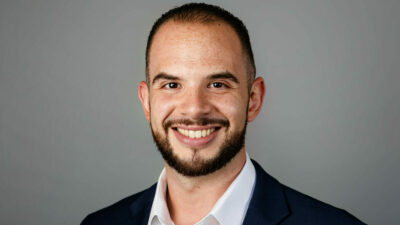
Attorneys, CPAs, and financial advisors certainly are not strangers to tough questions.
The mix of money, family, and mortality is a potent combination that almost always creates an emotionally-charged planning environment, whether the matter at hand is tax planning, updating wills and trusts, or structuring retirement portfolios.
Why, then, are so many advisors reluctant to bring up charitable giving during client meetings when the topic itself is so uplifting? In some cases, you may feel like you don’t know enough about the technical tax planning aspects of charitable giving to be able to offer sound advice. In other cases, you may be concerned about taking the planning process off course into areas where the client doesn’t want you involved. Or maybe you don’t feel you have a good enough grasp of the client’s big picture to truly recognize opportunities for charitable planning that are a win-win for the client’s favorite causes and the client’s tax and financial plan.
We're here to help! Consider the following:
- Clients are expecting you to bring up charitable giving; studies reveal a disconnect between what clients and advisors assume and perceive. So if you think to yourself, “Oh, I asked about that,” think again because the client may disagree. Did you approach the question with sincere interest, or were you just checking a box?
- We can be your charitable back up! You absolutely do not need to know the ins and outs of the charitable deduction rules, the details of Qualified Charitable Distributions, or how a donor advised fund or charitable gift annuity operates. If you’ve built an expertise around charitable giving in your practice, that’s terrific, but it is not necessary. Our team is just an email or a phone call away!
And this does not need to be hard.
While plenty of resources offer excellent suggestions for how to bring up charitable giving in conversations, many advisors tell us that they have to keep it even more simple. We understand that you don’t have time to ask a briefcase full of questions. That does not mean, however, that you can’t have a meaningful conversation. Even just two minutes is plenty if you show genuine interest in the client’s intentions and connect the client to Greater Worcester Community Foundation.
For example, the charitable planning part of a client meeting could be as simple as this:
“Okay! Now that we’ve taken a look at your retirement projections, beneficiary designations, and portfolio allocation, let’s check in on charitable giving. Bring me up to speed on your involvement with community organizations.”
Then, let them talk. If they’re not involved in any community organizations, they’ll tell you. And if they are, they’ll tell you that, too.
If the client is indeed involved in community organizations, let them know that you are happy to connect them to our team, or, better yet, tell the client that you’d be happy to invite a one of us to your next meeting. Your priority as their advisor is to bring professionals to the table to help achieve their charitable giving goals.
Next time you meet with a client, give this simple approach a try!





